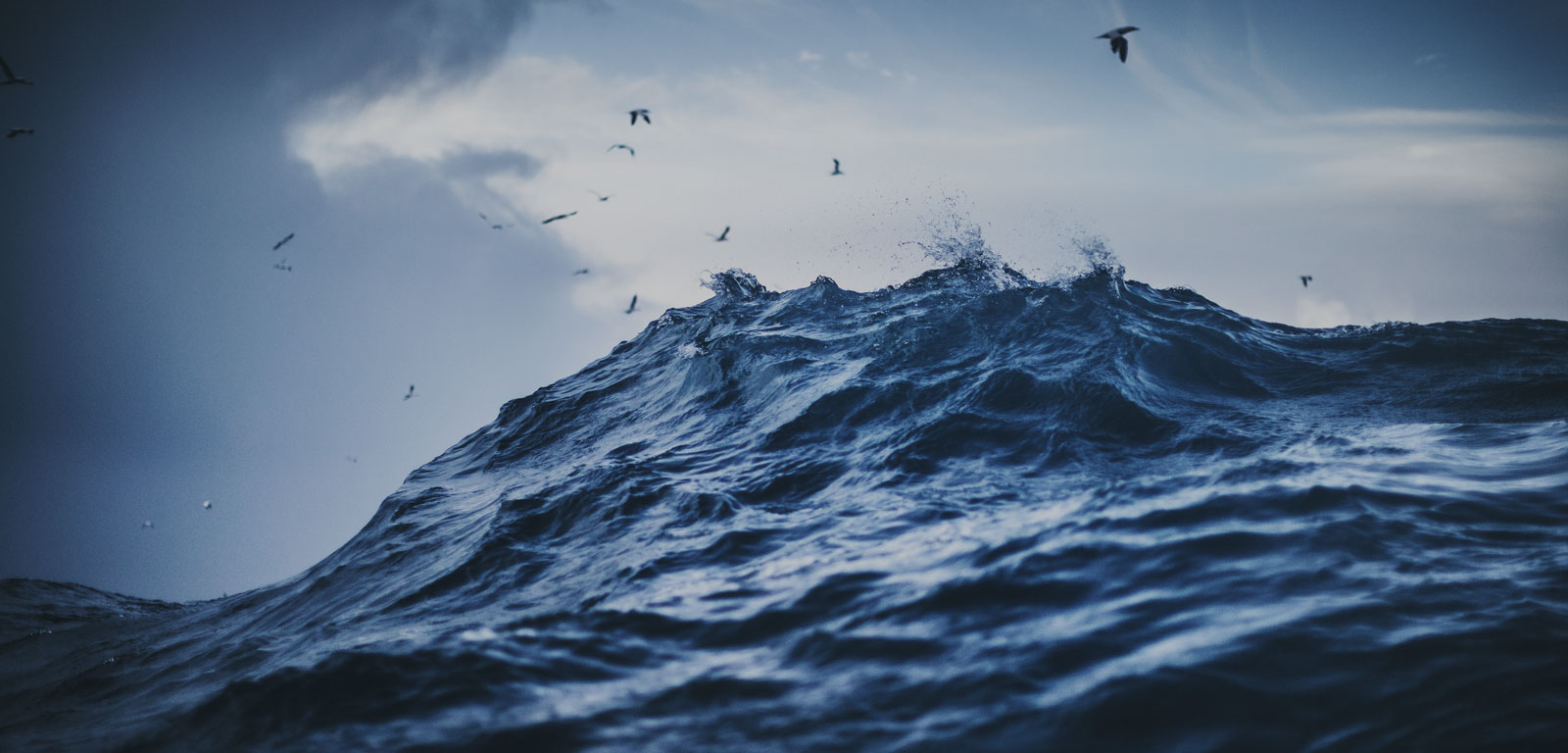Subject
Biogeochemical Cycles in the Earth System
General details of the subject
- Mode
- Face-to-face degree course
- Language
- English
Study types
| Type | Face-to-face hours | Non face-to-face hours | Total hours |
|---|---|---|---|
| Lecture-based | 40 | 60 | 100 |
| Seminar | 15 | 32.5 | 47.5 |
| Applied laboratory-based groups | 20 | 20 | 40 |
Training activities
| Name | Hours | Percentage of classroom teaching |
|---|---|---|
| Acquiring basic instrumental skills | 40.0 | 50 % |
| Expositive classes | 100.0 | 40 % |
| Information presentation | 47.5 | 32 % |
Assessment systems
| Name | Minimum weighting | Maximum weighting |
|---|---|---|
| Multiple-choice examination | 20.0 % | 20.0 % |
| Practical tasks | 20.0 % | 20.0 % |
| Written examination | 60.0 % | 60.0 % |
Temary
SyllabusThis module examines in greater depth the sources, sinks and cycles of chemical constituents in the Earth System, particularly the Ocean, with particular reference to processes at the ocean boundaries, the role of particle fluxes and scavenging in removing and redistributing material, and the interactions of biological, geological, chemical and physical oceanographic phenomena. It covers in detail aspects of the geochemical cycles of some trace elements and major biogeochemical elements that exemplify the range of geochemical processes in marine environments. It examines major nutrient cycles as a whole, and their homeostatic regulation. There is a particular focus on the ocean carbon cycle and ocean acidification. Consideration of processes at the ocean boundaries focuses mainly on the coupling of the ocean and atmosphere as geochemical systems, and the fluxes of aerosols and gases, and on the chemistry of hydrothermal systems.
The module is delivered through a mixture of lectures and practicals. Lecture material is built on through independent literature review of specific topics. Practical sessions include computer modelling of nutrient and carbon cycles in the ocean and manipulation of spreadsheets to determine impact of fluxes on the ocean. Online quizzes are used to allow consolidation of acquired skills.
At the end of the module you should have an advanced understanding of global biogeochemical cycles, how they have been controlled in the past , how they may change in the future, and a quantitative appreciation of the impact of individual exchange fluxes on the global system. The skills acquired are essential for research and invaluable for careers in environmental areas.
Laboratory Classes: The main purpose of the practicals is to exemplify the theory and to develop your skills in problem solving and to build an intuitive understanding of the quantitative aspects of geochemical problems. Such preparation is also critical for success in the final exam.
Reading Assignments: You will be expected to read at least two journal articles, plus material from text books each week. This reading is important for understanding the lectures, and you will be expected to know this material for the final exam. We will make copies of hard-to-get material available in the course box in the library.
Tutorial support: Questions will be gladly answered before and after the lectures. If an extended explanation or discussion is required, it would be best to arrange a consultation time in advance via email. You can also contact the demonstrator for additional help.
A wide range of support can be provided for those students who have further or specific learning and teaching needs.
Resources and reading list
The lecture material is summarised at blackboard.soton.ac.uk. Instructions for accessing this material will be given during the course.


